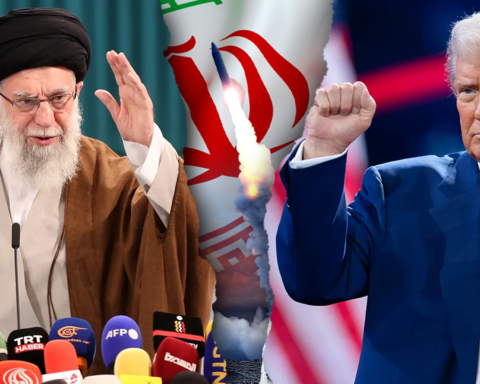President of the Tanganyika Law Society (TLS), Advocate Boniface Mwabukusi, has raised serious concerns over what he describes as a misleading interpretation of the law by the Independent National Electoral Commission (INEC), regarding the role of political parties in the upcoming elections.
Speaking to journalists during a recent press briefing, Mwabukusi said that contrary to the Commission’s stance, there is no law that prevents a political party from participating in elections simply because it has not signed the Code of Ethics for Political Parties.
“There’s nowhere in our statutes where it is stated that a political party must sign the Code of Ethics in order to be eligible to contest,” Mwabukusi said, noting that while adherence to the code is encouraged, it should not be used as a barrier to democratic participation.
The TLS president warned that such interpretations risk undermining democracy by setting dangerous precedents that could be used to exclude parties unfairly. He added that the Commission must act as a neutral referee, not a gatekeeper that determines which parties can or cannot take part in the electoral process.
Also Read; Trump Delays Tech Tariffs to Ease Consumer Impact
Mwabukusi’s comments come at a time when several opposition parties have voiced frustrations about the electoral environment, citing what they see as increasingly restrictive measures.
He called on the Commission to provide clear and legally grounded guidance, arguing that misinterpretations not only create confusion but also erode public trust in the democratic process.
“In a true democracy, the role of the electoral body is to facilitate inclusion, not exclusion,” he emphasized.
Mwabukusi also reminded the public and other stakeholders that legal interpretation should always be based on the constitution and existing electoral laws—not administrative preferences or informal practices.
As Tanzania moves closer to election season, his remarks have sparked fresh dialogue about the independence of the electoral process and the legal frameworks that govern it. Many political observers and civil society leaders echoed his concerns, urging transparency and adherence to the rule of law.
No official response had yet been issued by INEC at the time of publication. However, calls for dialogue between the Commission and political stakeholders continue to grow louder, as many view this as a pivotal moment for Tanzania’s democratic credibility.







